Agenda
Times are subject to change.
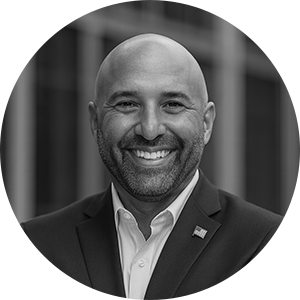
Jared Vichengrad
Head of Public Sector (Fed and SLED, Americas GEO)Check Point
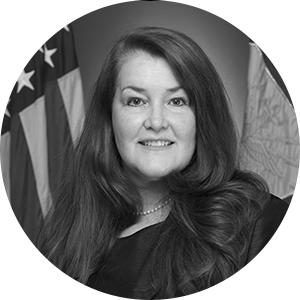
Jeanette Duncan
Chief Information Officer, Defense Counter-Intelligence and Security AgencyU.S. Department of Defense


As cyber threats grow in scale and sophistication, securing critical infrastructure has become a top priority for agencies tasked with protecting national interests. This panel will explore strategies to strengthen the cybersecurity posture of vital systems, as well as dive into topics such as risk mitigation, cross-agency collaboration, and the integration of emerging technologies to detect, defend, and recover from potential attacks. Tune in to this conversation to gain insight into how federal leaders are advancing resilience and operational continuity across the most essential components of government infrastructure.
As cyber threats grow in scale and sophistication, securing critical infrastructure has become a top priority for agencies tasked with protecting national interests. This panel will explore strategies to strengthen the cybersecurity posture of vital systems, as well as dive into topics such as risk mitigation, cross-agency collaboration, and the integration of emerging technologies to detect, defend, and recover from potential attacks. Tune in to this conversation to gain insight into how federal leaders are advancing resilience and operational continuity across the most essential components of government infrastructure.

Ben Abramovitz
Director of CybersecurityMaryland Public Service Commission, State of Maryland

Darrell Andrews
Professor, Cybersecurity and ITNorthern Virginia Community College

Daniel Austin
Senior Cybersecurity SMEU.S. Space Force
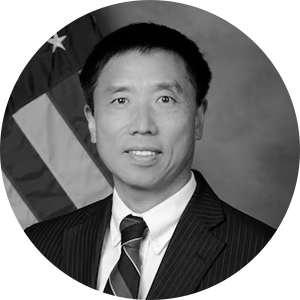
Dr. Jim Chen
Professor, College of Information and CyberspaceNational Defense University, U.S. Department of Defense
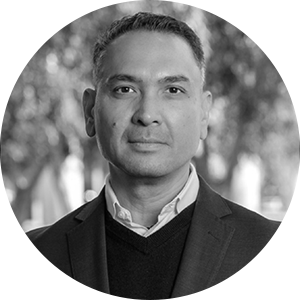
Mac Avancena
Field CISOCheck Point
Generative AI is transforming the government by streamlining operations, enhancing decision-making, and improving service delivery. This discussion will examine its wide-ranging applications—from automating tasks and analyzing large datasets to strengthening cybersecurity and enabling predictive insights. Government leaders are using Gen AI to drive innovation, boost transparency, and allocate resources more effectively. Panelists will explore strategies for implementing Gen AI at scale, while addressing key challenges such as data privacy, security, and integration with legacy systems.
Generative AI is transforming the government by streamlining operations, enhancing decision-making, and improving service delivery. This discussion will examine its wide-ranging applications—from automating tasks and analyzing large datasets to strengthening cybersecurity and enabling predictive insights. Government leaders are using Gen AI to drive innovation, boost transparency, and allocate resources more effectively. Panelists will explore strategies for implementing Gen AI at scale, while addressing key challenges such as data privacy, security, and integration with legacy systems.

Dr. Murat Kantarcioglu
Professor of Computer Science and CCI Faculty FellowVirginia Tech

Cindi Carter
Field CISOCheck Point

Jared Vichengrad
Head of Public Sector (Fed and SLED, Americas GEO)Check Point
As artificial intelligence becomes increasingly embedded in security operations, agencies must weigh the transformative benefits against emerging risks. AI enhances threat detection, automates incident response, and improves decision-making across security ecosystems. However, its use also introduces new vulnerabilities, such as adversarial manipulation and opaque decision processes. Recent executive orders on AI governance and safety are reshaping how government programs develop, deploy, and monitor AI tools, emphasizing transparency, accountability, and risk mitigation. This panel will bring together experts to explore the evolving landscape of AI in security, focusing on balancing innovation with responsible oversight.
As artificial intelligence becomes increasingly embedded in security operations, agencies must weigh the transformative benefits against emerging risks. AI enhances threat detection, automates incident response, and improves decision-making across security ecosystems. However, its use also introduces new vulnerabilities, such as adversarial manipulation and opaque decision processes. Recent executive orders on AI governance and safety are reshaping how government programs develop, deploy, and monitor AI tools, emphasizing transparency, accountability, and risk mitigation. This panel will bring together experts to explore the evolving landscape of AI in security, focusing on balancing innovation with responsible oversight.
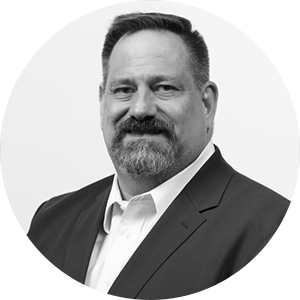
Keith A. Hartung
Chief Security OfficerPennsylvania Treasury Department
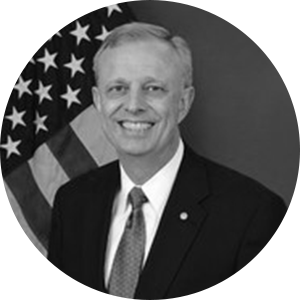
Steve Pitcher
Former Senior Cyber Survivability AnalystU.S. Department of Defense

Dr. Merrick Watchorn
Co-FounderQuantum Security Alliance (QSA)

Glen Deskin
Head of Engineering, VerticalsCheck Point
As cyber threats continue to evolve, federal agencies are accelerating efforts to implement Zero Trust Architecture as a foundational element of their security strategies. This panel will examine the state of Zero Trust in 2025, highlighting progress made, lessons learned, and remaining challenges in achieving full adoption across government environments. Join us to explore how panel experts are operationalizing Zero Trust to enhance resilience, protect critical assets, and meet federal mandates in an increasingly complex threat landscape.
As cyber threats continue to evolve, federal agencies are accelerating efforts to implement Zero Trust Architecture as a foundational element of their security strategies. This panel will examine the state of Zero Trust in 2025, highlighting progress made, lessons learned, and remaining challenges in achieving full adoption across government environments. Join us to explore how panel experts are operationalizing Zero Trust to enhance resilience, protect critical assets, and meet federal mandates in an increasingly complex threat landscape.
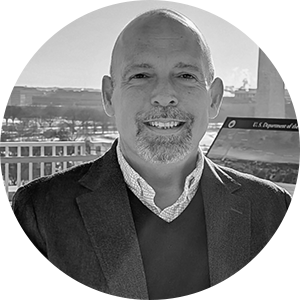
Louis Eichenbaum
Former Chief Information Security OfficerU.S. Department of the Interior
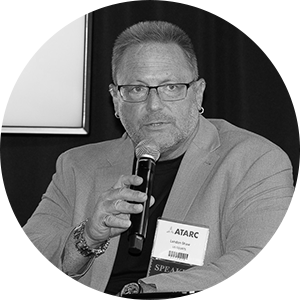
Landon Shaw
Senior Enterprise ArchitectAdministrative Office of the U.S. Courts
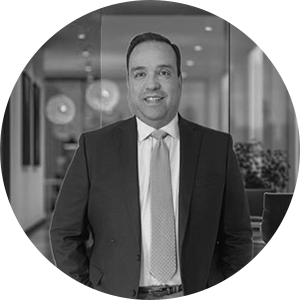
Bill Diaz
Vice President, VerticalsCheck Point

Aaron Welch
Director of IT Security (Former)City of Chattanooga, Tennessee

Jared Vichengrad
Head of Public Sector (Fed and SLED, Americas GEO)Check Point

